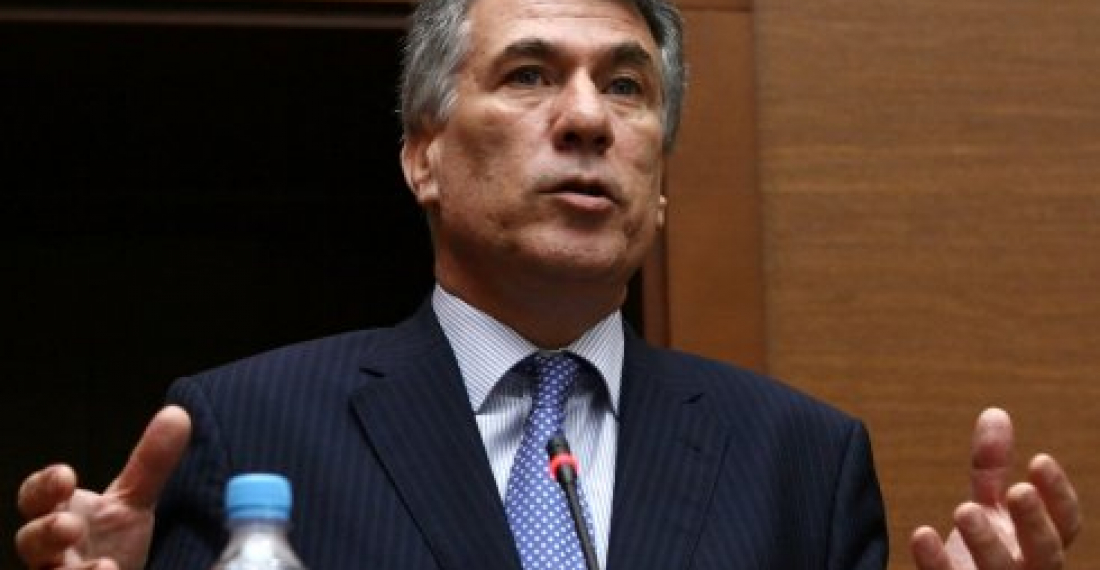The First Deputy Speaker, of Azerbaijan Ziyafat Asgerov, who also chairs the parliament's powerful Defence and Security Committee, said his country can only rely on its own strength, and therefore the defence budget was not being reduced despite the economic downturn. Asgerov said that Armenia was simulating its participation in negotiations for the settlement of the Karabakh conflict, and as a result Baku has the right to liberate its territories by military means.
Asgerov, speaking in an interview with the APA news agency, said:
"Frankly speaking, I don't believe in the OSCE Minsk Group anymore. They only pay visits to Azerbaijan and Armenia and hold meetings there. It shouldn't be so," Asgarov said. "The Minsk Group must fulfil its obligations. They wait for Armenia and Azerbaijan to come to an agreement, and say nothing more. If such an agreement was possible, then there was no need for the establishment of the OSCE Minsk Group in the first place. You will never achieve anything as long as you are not sincere, and don't call Armenia an occupant country", he added.
The First Deputy Speaker also touched on the issue of the creation of a combined group of Russian and Armenian troops, and Russia's delivery of Iskander-M missile systems to Armenia:
"I discussed this issue with the Ministry of Foreign Affairs as well. They have sent a formal request to Russia's Foreign Ministry. Russia has not given us an official response yet as to why they did so. After receiving an official explanation from Russia, we will state our opinion," Asgarov said. "They do not openly tell us whether they gave the Iskander systems to the Armenian army, or if they sent them to the Russian military base in Armenia. That's unclear to me. We'll state our decision once we have received an official response."
Russia, as a Minsk Group co-chairing country, is supposed to be neutral so that this Karabakh conflict can be settled, he stressed.
In regard to US Secretary of State John Kerry's statement, Asgarov said the co-chairing countries are not clear in their foreign policy.
"The heads of state make a statement but the ambassadors talk differently, so do the secretaries of state," he added. "I don't trust the Minsk Group any more and we should only country on our own power. That's all!" Asgarov stressed the need to change the status quo, calling for the intensification of pressure on Armenia.
source: commonspace.eu with APA news Agency (Baku)
Photo: First Deputy Speaker of Azerbaijan, Ziyafat Asgerov (archive picture).






